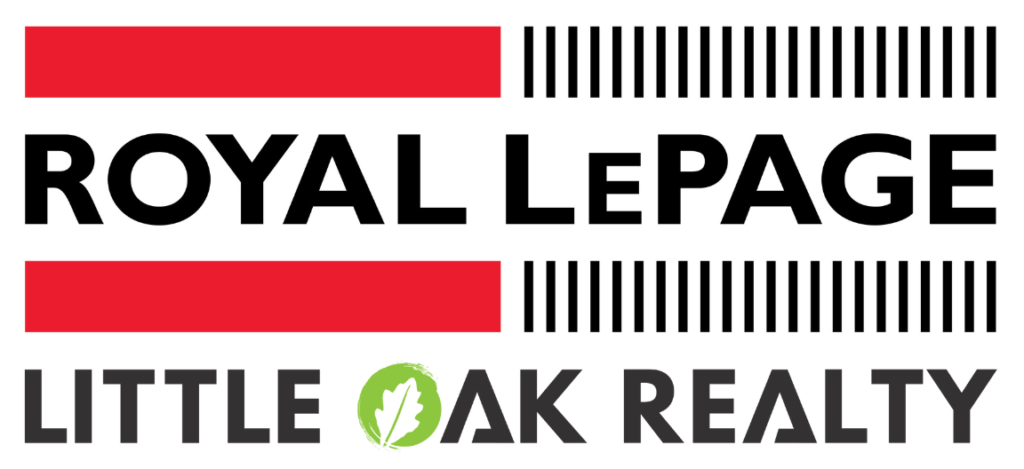Learn about Brampton property tax, including its purpose, calculation, payment options, and exemptions. Understand how property tax is calculated in Brampton and the available payment methods.
Explore exemptions and rebates for seniors and charitable organizations. Stay informed about the property tax rate updates in Brampton and the appeals process for assessed property values. Find answers to frequently asked questions about property tax in Brampton and how changes to your property can affect its assessed value.
Brampton Property Tax: A Comprehensive Guide
When it comes to owning a property in Brampton, understanding the intricacies of property tax is essential. Property tax is a significant expense for homeowners, and having a comprehensive understanding of how it works can help you make informed financial decisions. In this article, we will delve into the world of Brampton property tax, exploring its purpose, calculation, payment, and exemptions.
What is Property Tax?
Property tax is a tax imposed on real estate by the government. It is a primary source of revenue for municipalities like Brampton, enabling them to fund essential services such as schools, roads, and public safety. The amount of property tax you pay is determined by the assessed value of your property and the tax rate set by the municipality.
Calculating Brampton Property Tax
The calculation of Brampton property tax involves two key factors: the assessed value of the property and the tax rate. The assessed value is determined by the Municipal Property Assessment Corporation (MPAC) and is based on the market value of the property.
The tax rate, also known as the mill rate, is set by the municipality and is expressed as a percentage. To calculate your property tax, multiply the assessed value of your property by the tax rate. For example, if your property is assessed at $500,000 and the tax rate is 1.5%, your annual property tax would be $7,500.
Payment of Brampton Property Tax
Brampton property tax is typically paid in installments throughout the year. The exact payment schedule may vary, so it is essential to check with the municipality for specific due dates. The most common payment schedule is quarterly, with payments due in March, June, September, and December.
There are several payment options available to Brampton property owners. You can choose to pay your property tax through pre-authorized payment plans, online banking, in-person at designated locations, or by mail. It is crucial to ensure that you make your payments on time to avoid any penalties or interest charges.
Exemptions and Rebates
While property tax is a mandatory obligation for homeowners, there are some exemptions and rebates available in Brampton. These exemptions aim to provide financial relief to specific groups or properties. Here are a few common exemptions and rebates:
- Seniors’ Property Tax Rebate: This rebate is available to seniors aged 65 and over who meet certain income requirements. It provides financial assistance to help seniors manage their property tax burden.
- Charitable Organization Rebate: Registered charities and qualifying non-profit organizations may be eligible for a rebate on their property taxes.
- Property Tax Deferral: Brampton offers a property tax deferral program for seniors and persons with disabilities who meet specific criteria. This program allows eligible individuals to defer their property tax payments until they sell their property.
Conclusion
Understanding Brampton property tax is crucial for homeowners in the city. By familiarizing yourself with the calculation, payment options, and potential exemptions, you can effectively manage your property tax obligations. Remember to stay informed about any changes in the tax rate or payment schedule and take advantage of any available rebates or deferral programs to alleviate the financial burden.
Frequently Asked Questions
1. How often is the property tax rate in Brampton updated?
A. The property tax rate in Brampton is typically updated annually. The municipality assesses its financial needs and adjusts the tax rate accordingly.
2. Can I appeal the assessed value of my property?
A. Yes, if you believe that the assessed value of your property is inaccurate, you have the right to appeal. Contact the Municipal Property Assessment Corporation (MPAC) for more information on the appeals process.
3. What happens if I fail to pay my property tax on time?
If you fail to pay your property tax on time, you may incur penalties and interest charges. It is essential to make your payments by the specified due dates to avoid any additional fees.
4. Are property tax exemptions transferrable if I sell my property?
A. No, property tax exemptions are generally tied to the property and not the owner. If you sell your property, the new owner would need to apply for any applicable exemptions or rebates.
5. Can I make changes to my property that would affect my assessed value?
Yes, certain changes or renovations to your property can impact its assessed value. It is advisable to contact the Municipal Property Assessment Corporation (MPAC) before making any significant changes to your property.



